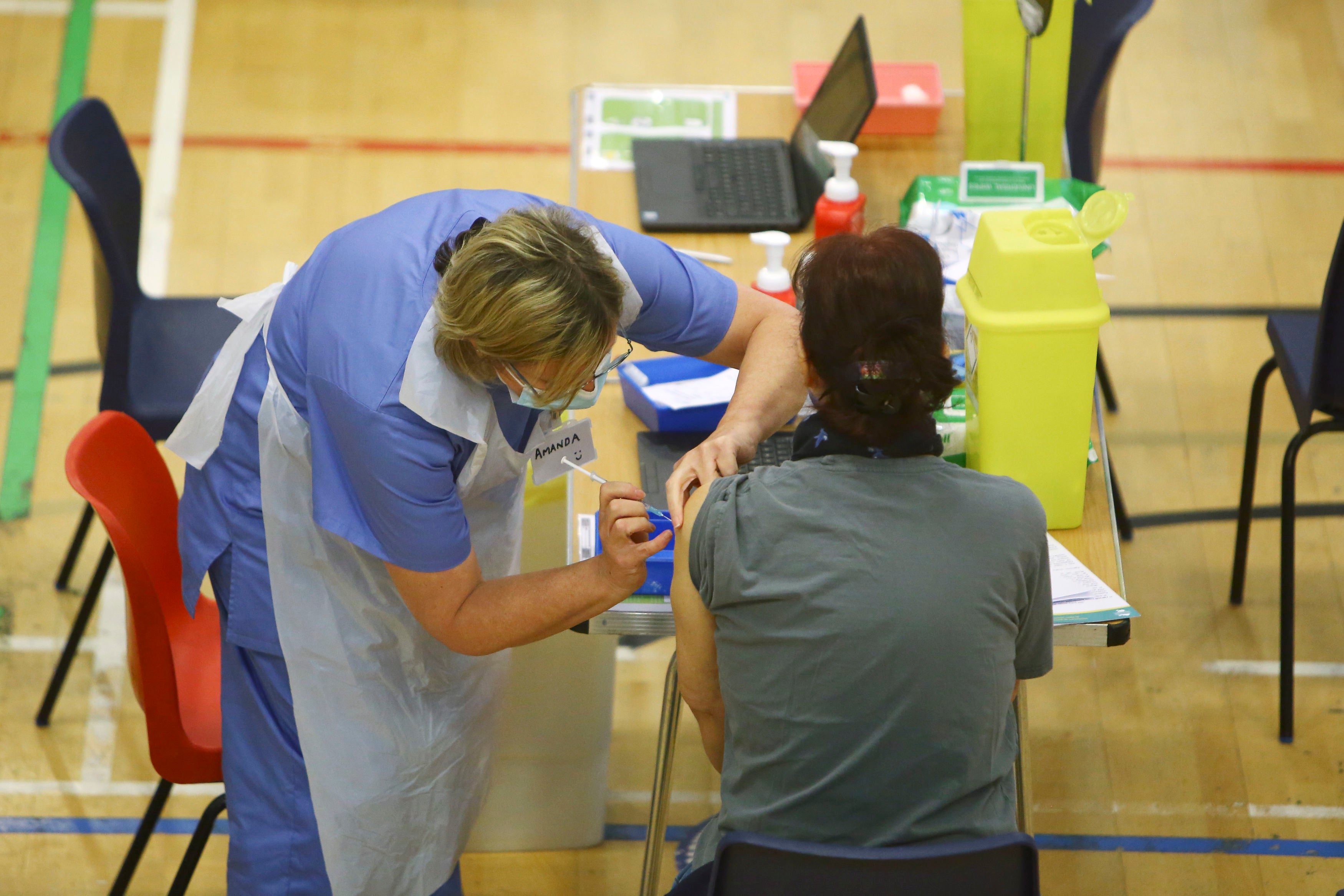Vaccine passports ‘feasible’ but ethical and privacy concerns remain, experts conclude
‘We are not there yet,’ say researchers

Your support helps us to tell the story
From reproductive rights to climate change to Big Tech, The Independent is on the ground when the story is developing. Whether it's investigating the financials of Elon Musk's pro-Trump PAC or producing our latest documentary, 'The A Word', which shines a light on the American women fighting for reproductive rights, we know how important it is to parse out the facts from the messaging.
At such a critical moment in US history, we need reporters on the ground. Your donation allows us to keep sending journalists to speak to both sides of the story.
The Independent is trusted by Americans across the entire political spectrum. And unlike many other quality news outlets, we choose not to lock Americans out of our reporting and analysis with paywalls. We believe quality journalism should be available to everyone, paid for by those who can afford it.
Your support makes all the difference.Coronavirus vaccine passports are “feasible” but governments must address a series of “demanding” criteria before they are introduced – including ethical concerns, experts have concluded.
The report – published in the Royal Society – comes after minister Nadhim Zahawi suggested the UK could facilitate documents for overseas travel if countries requested vaccine status as a condition of entry.
But the government has repeatedly insisted there are no plans to introduce immunity passports for the “domestic economy”, including gaining access to sports stadiums, concert halls or workplaces.
Professor Melinda Mills, the director of the Leverhulme Centre for Demographic Science at the University of Oxford and lead author of the report, told a briefing on Friday: “We concluded it’s feasible but not all the pieces are in place yet.”
The professor outlined 12 criteria that should be met before vaccine passports are introduced, including the requirement of authorities to “clearly define” how they will be used to avoid the risk of them being used to “unjustly discriminate” in many areas of life.
“How would a vaccine passport certificate be used? Will it be for international travel? Medical uses, for getting a job, attending a football match, or buying some milk? It’s these kinds of questions.”
The authors of the study added: “Current evidence and precedents suggests that a Covid-19 vaccine passport is feasible, but that not all criteria have yet been satisfied and consideration should be given to what longer-term precedents this may create”.
They stressed a “broader discussion” was needed about some of the key aspects of the document, such as the need for legal standards, alongside conversations about data privacy.
Among the 12 criteria the experts outlined, it states passports if used for overseas travel must be internationally standardised, have verifiable credentials, and meet legal and ethical standards, including guarding against discrimination.
Professor Christopher Dye, another author of the report and professor of epidemiology at the Department of Zoology at the University of Oxford, went on: “An effective vaccine passport system that would allow the return to pre-Covid-19 activities, including travel, without compromising personal or public health, must meet a set of demanding criteria – but it is feasible.
“First there is the science of immunity, then the challenges of something working across the world that is durable, reliable and secure. There are the legal and ethical issues and if you can crack all that, you have to have the trust of the people.”
Professor Dye said “huge progress” has been made towards addressing some of the challenges, but added: “We are not there yet”.
“At the most basic level, we are still gathering data on exactly how effective each vaccine is in preventing infection and transmission and on how long the immunity will last.”

Join our commenting forum
Join thought-provoking conversations, follow other Independent readers and see their replies
Comments